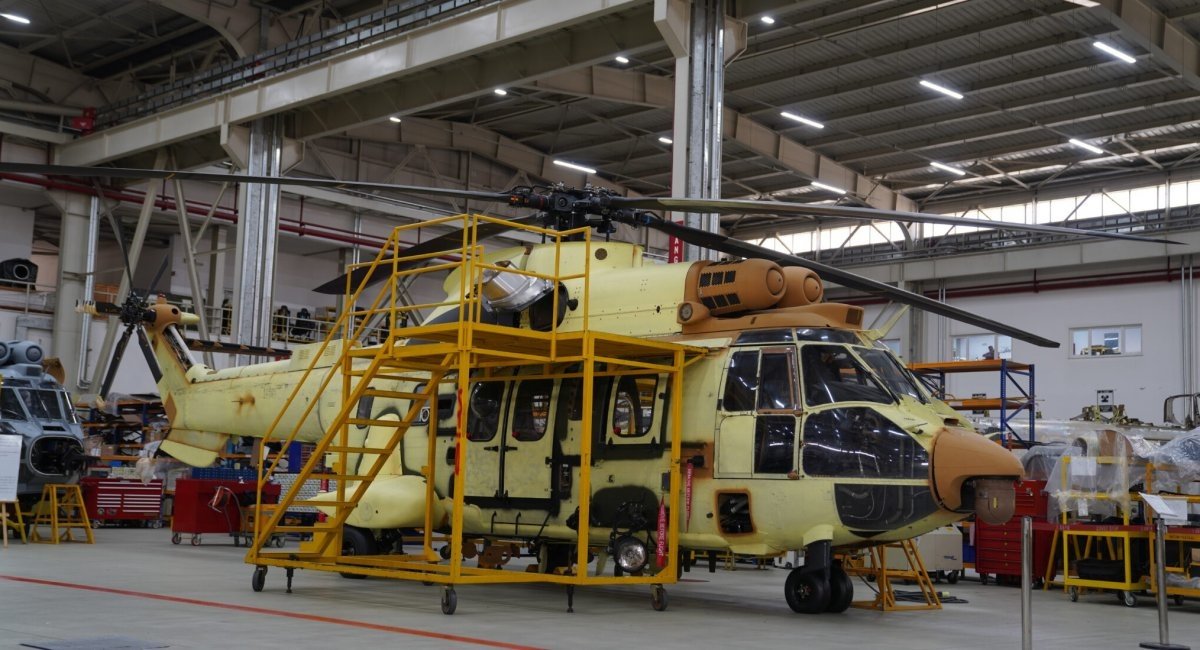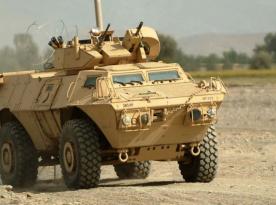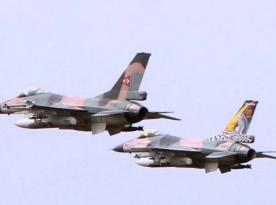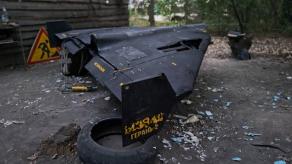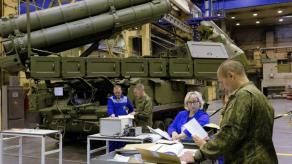Turkish defense company Askeri Fabrika ve Tersane İşletme AŞ (ASFAT) wants to become a regional hub for military aviation maintenance and repair in the Middle East and Africa. To achieve this, new equipment is being imported and negotiations are underway with new foreign partners.
The company's CEO, Mustafa Ilbas told Breaking Defense that in addition to strengthening its own production capacities, the company is also cooperating with European Airbus aircraft manufacturer. As a result, the Turkish company is now authorized to perform various tasks on the A-400M aircraft, including major repairs.
Read more: Romania's Dilemma: Too Many F-16s For Peacetime and Too Few For War
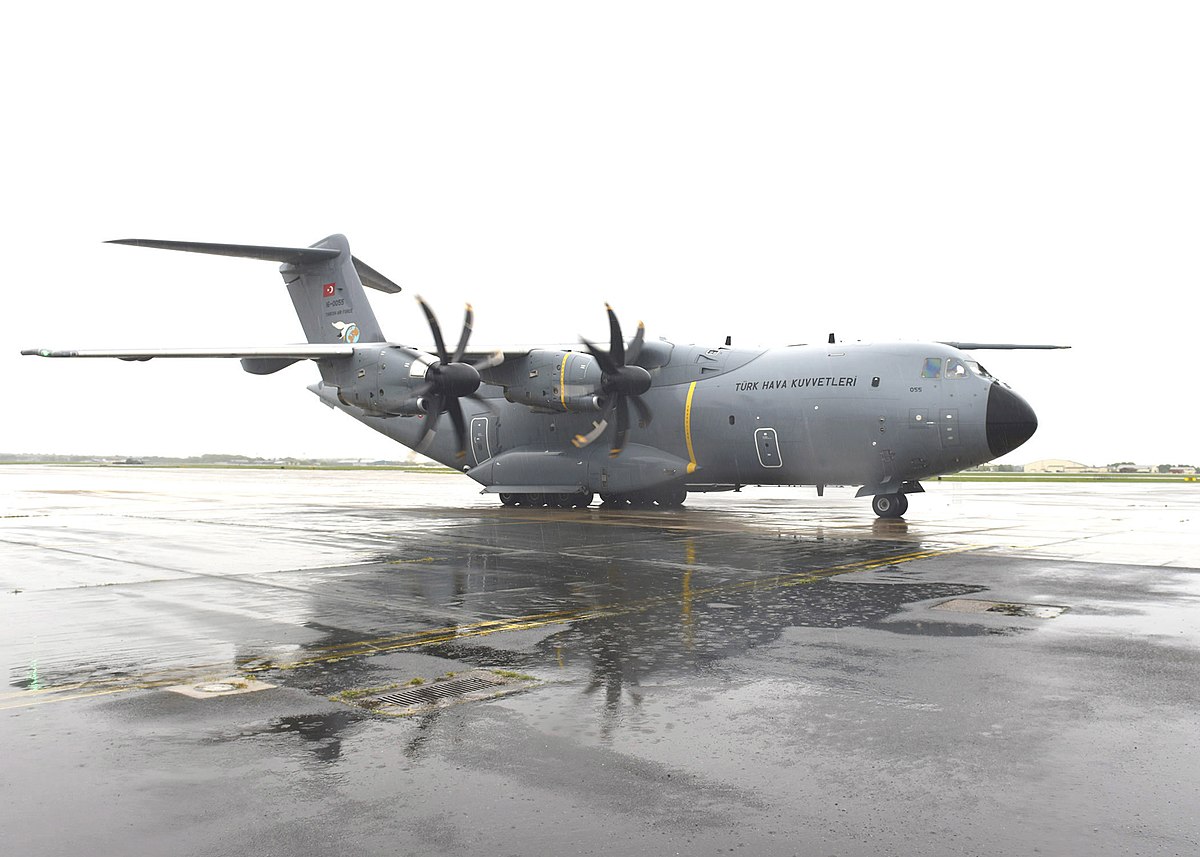
From Defense Express we would like to add that maintenance and repair of military equipment are often overlooked, even though they are among the most important ways to maintain combat readiness. The ability to carry out such work can generate good profits and maintain the level of industry. Before the full-scale war with russia, a number of Ukrainian companies occupied a significant niche in the repair and maintenance of Soviet and post-Soviet aircraft.
It should be noted that the expansion of the new aircraft repair hub may encourage African and Middle Eastern countries to purchase weapons from NATO countries. This will reduce the potential market for russian defense industry products. On the other hand, this will significantly strengthen Turkiye's position in the region.
It is claimed that ASFAT is carrying out major repairs of Turkish A-400Ms. Negotiations are also underway to provide maintenance services for the new operator of these aircraft, which is Kazakhstan.
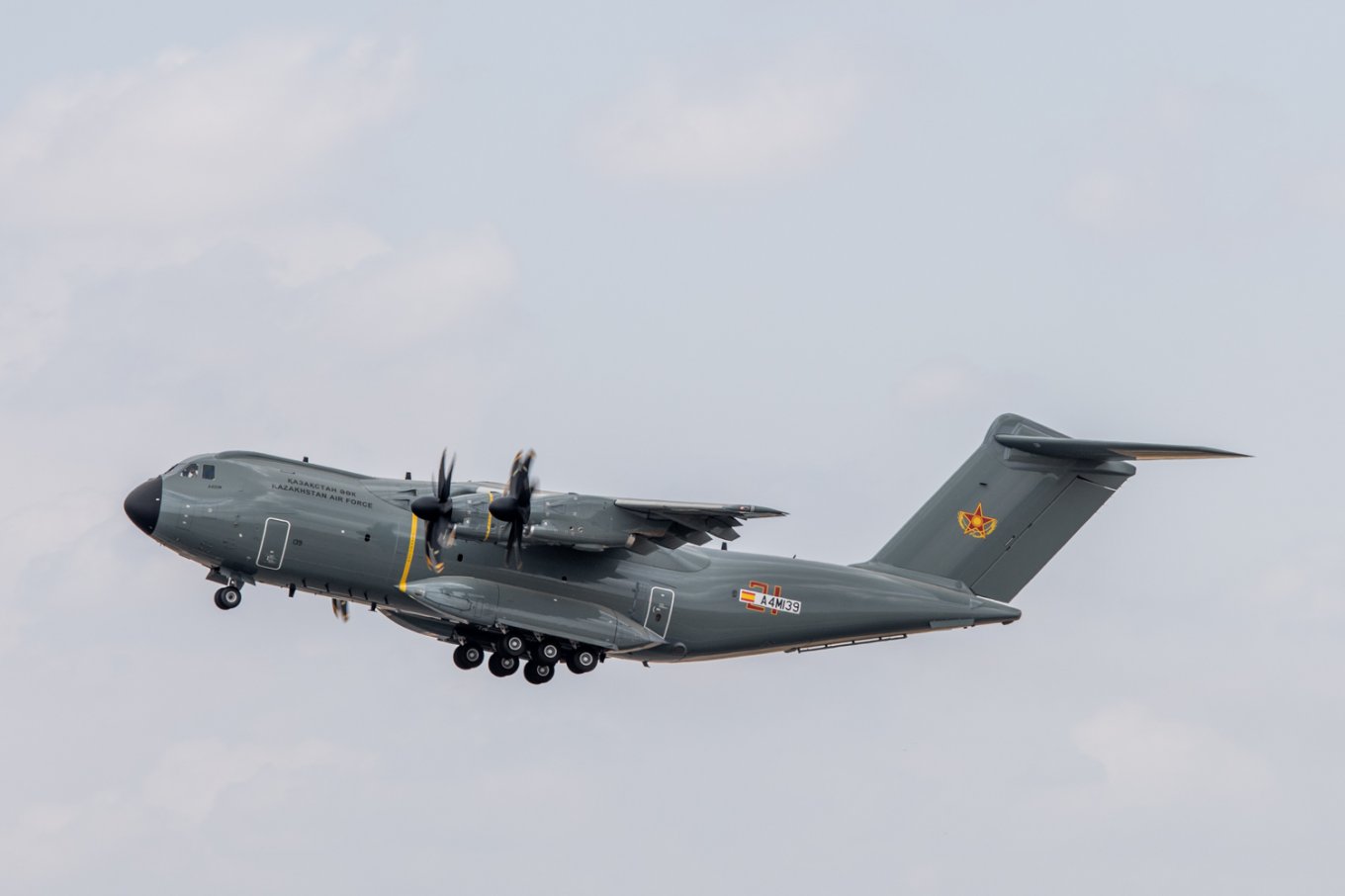
The executive director of the Turkish company adds that work is underway to expand cooperation with the countries of the Persian Gulf and the Middle East. A joint enterprise is currently being established in Qatar.
There are also great prospects for the African market. For example, more than 100 C-130 aircraft from the region, particularly from Niger and Nigeria, are expected to be brought in for repair at Turkish facilities.
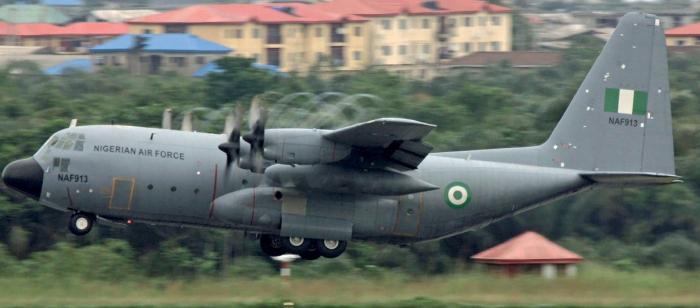
It should be added that this is a very aggressive policy for attracting new customers, but given ASFAT's plans to increase its profits fivefold, it is not surprising. It should also be noted that the company places a strong emphasis on joint production opportunities in the Middle East, clearly trying to fit in with the policy of local countries to expand product localization.
As for localization, Turkiye also considers it as an important component for achieving dominance in the region. ASFAT claims that 80% of the necessary components are manufactured in the country at more than two thousand enterprises.
Domestic production allows repair work to be carried out with less dependence on other countries, which provides a certain confirmation of the service site reliability. It also helps to organize production chains that can be used in the future to develope own products.
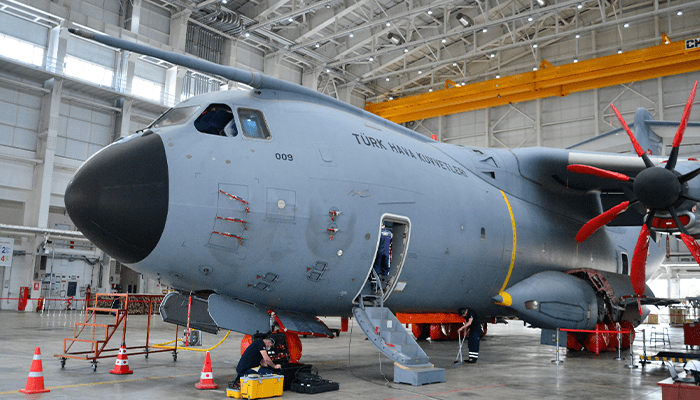
In general, the example of Turkiye clearly demonstrates that repairing equipment from other countries is not only profitable, but also allows for the expansion of domestic industry and the acquisition of political opportunities. Ukraine is another example, where repair contracts for other countries have helped to retain specialists and production capacity in niche industries that are now working to strengthen the Defense Forces of Ukraine.
Read more: Ukraine May Be Testing Its Own Ballistic Missile in Combat Conditions




